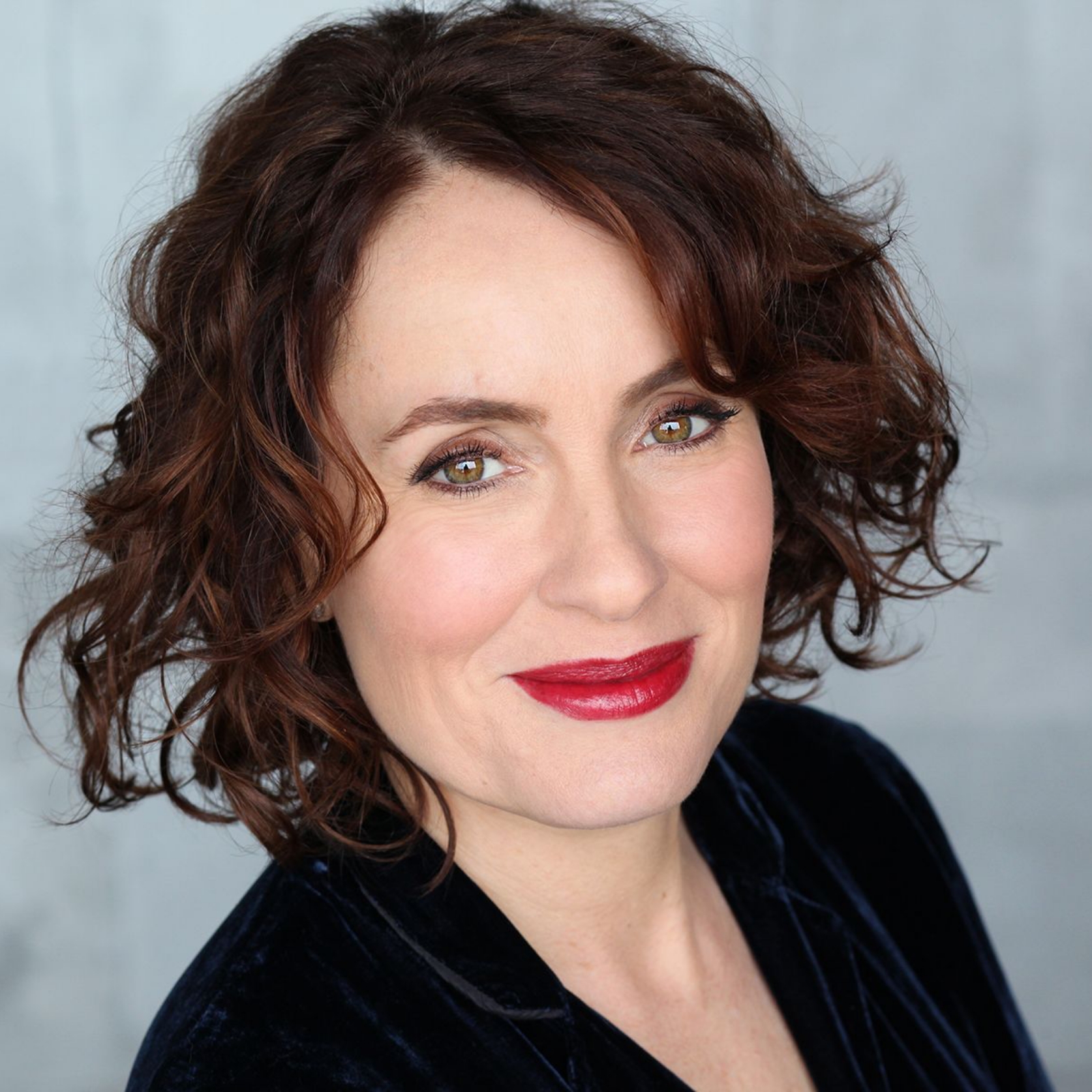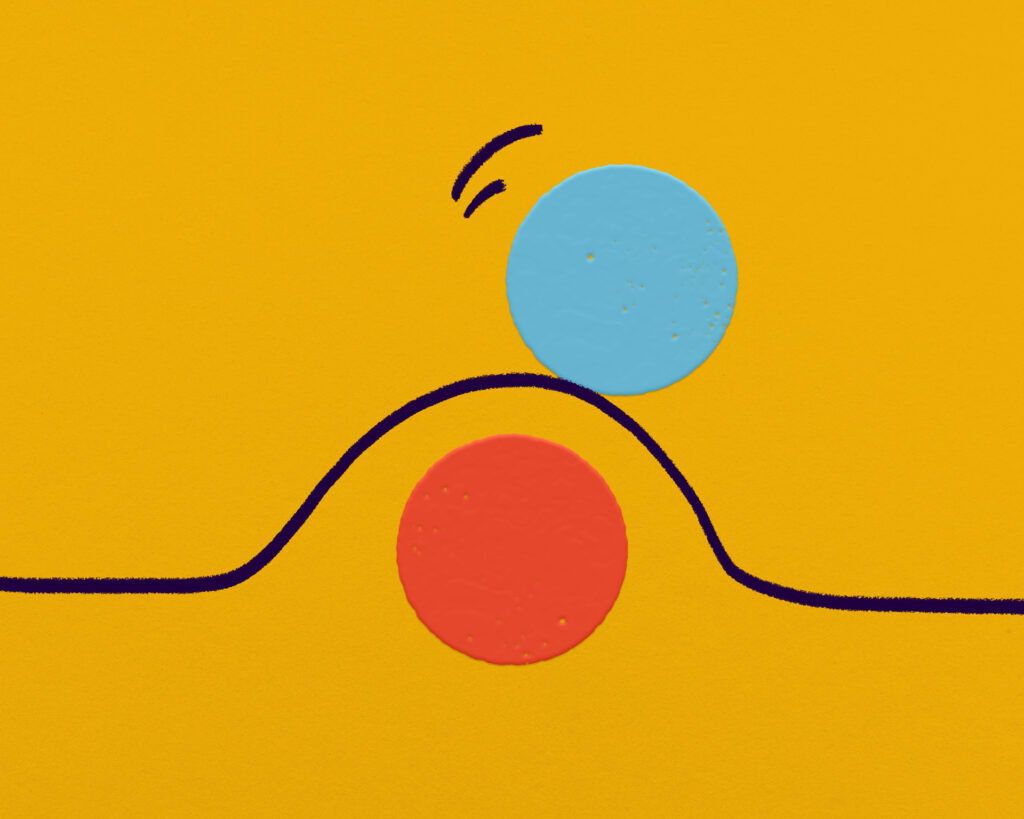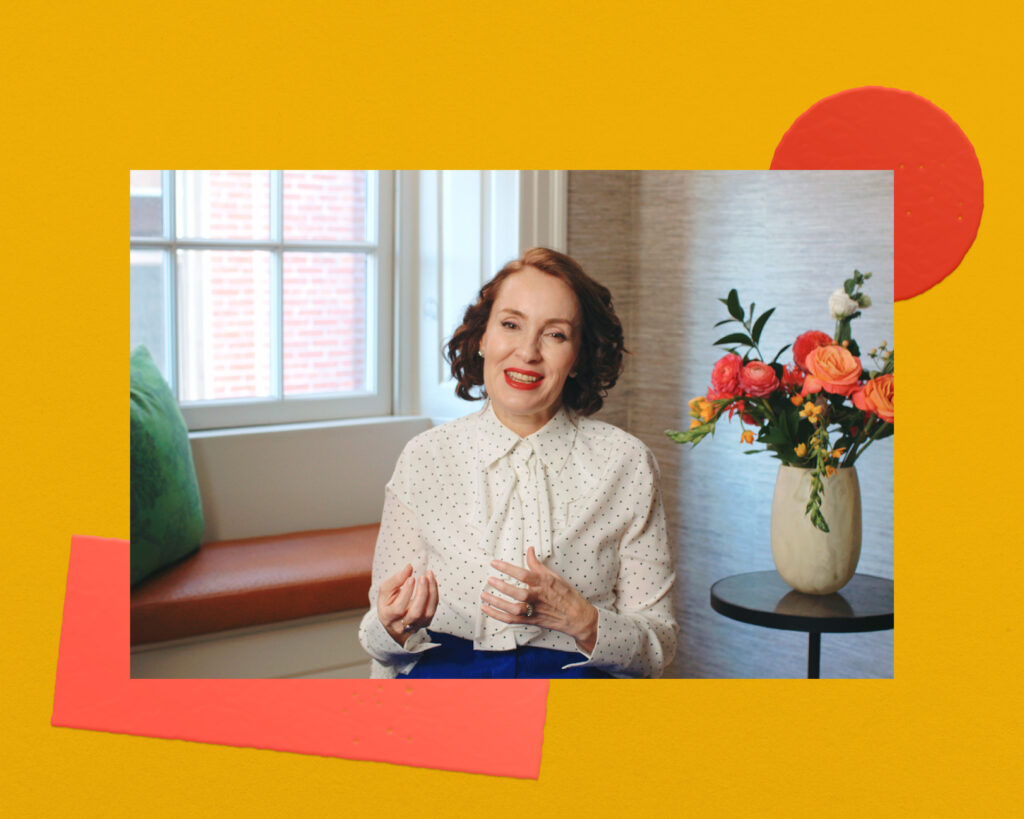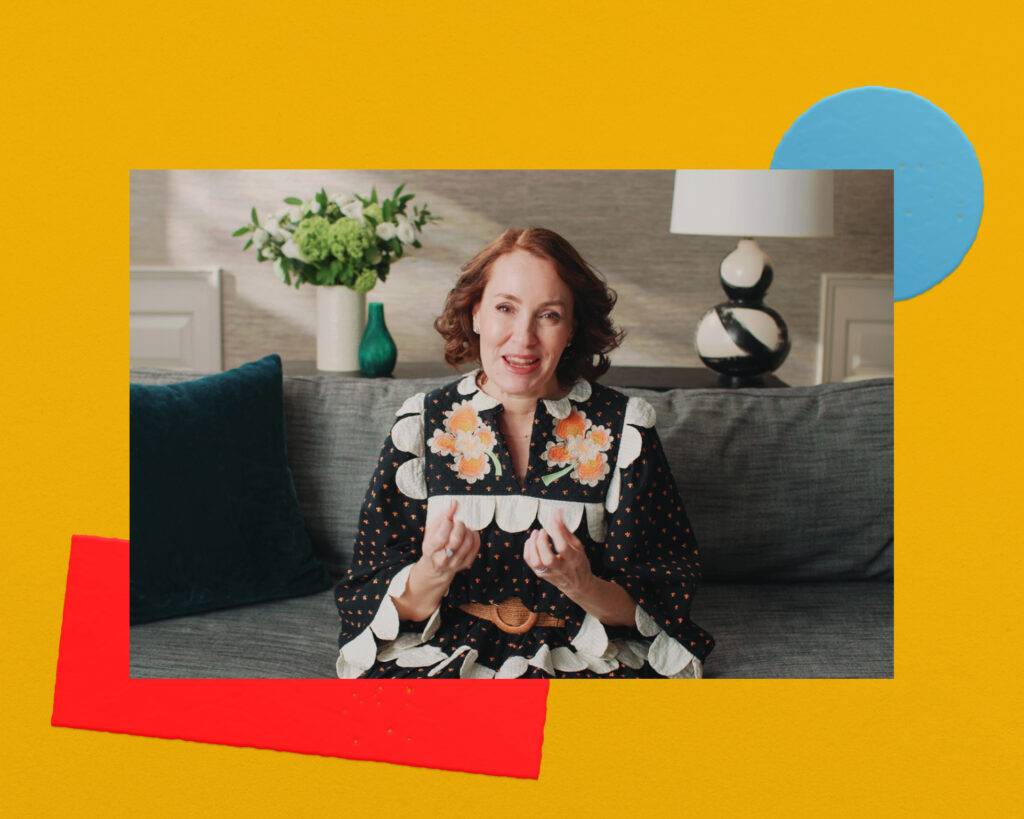If you’re like most of us, you’ve recently had a thought pop into your head that starts with “I’ll be happy when…” I’ll be happy when I find the right relationship. When this big project is finally finished. When I can afford to buy a home. When I make partner at my firm. When I have kids. When the kids are grown and out of the house. When I retire. Such thoughts are exceedingly common, but is happiness really a goal we can achieve by crossing tasks off our lifetime to-do list?

The idea that happiness is a goal runs deep within our culture. Here in the United States, the right to “the pursuit of happiness” is even enshrined in our founding document, the Declaration of Independence. But this just isn’t how life works. Research tells us that people who orient themselves toward the goal of happiness actually experience lower levels of wellbeing and higher levels of depression, anxiety, and burnout. Like a mirage in the distance, the more we chase happiness, the further it recedes toward the horizon.
This can be a hard pill to swallow, especially for those who are goal-oriented. If you can’t categorize happiness as a goal, how are you supposed to achieve it? The truth is that happiness isn’t an outcome you get to check off a list; it’s the byproduct of living a life that is wholehearted and concordant. This is why those “I’ll be happy when” thoughts can be so damaging. They defer joy to some point in the future instead of allowing it to emerge organically from everyday life.
Paradoxically, the best way to move along the path to happiness is to forget about the path altogether. Instead of asking yourself what will make you happy, ask yourself what you value.
Our emotions are signposts that point us toward the things we care about, so it is crucial that we hear what they have to say. That knot in your stomach when a client’s demands force you to cancel dinner plans with your spouse? It was likely telling you that you value intimate relationships. The boredom you feel when each workday has the same shape as the one before? It might be letting you know that you value curiosity or creativity, and that you’re not spending enough time nurturing those values.
If you’re feeling down, it can be helpful to reframe the questions you ask yourself. Instead of “When will I finally be happy?,” ask “How can I live in alignment with my values?” Let those values be your compass and a happier, more fulfilling life will be a beautiful byproduct of that journey.






 Take the Quiz
Take the Quiz